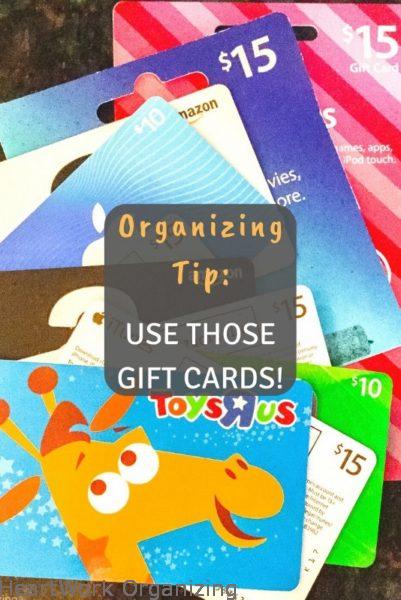Lately I’ve been seeing more and more language referring to people with disabilities that is not “people first” language. I’m even seeing it from parents of kids with disabilities which is disappointing. There was a time, not too long ago, when I personally felt that maybe people first language is too much work, and a little too PC. Especially in this day and age of tweeting and texting, when you only have 140 characters to work with, it’s easier to say “autistic kid” instead of “child with autism.” And it’s fewer characters, right?
Wrong! Is tweeting and brevity really more important to me than how my child is perceived by society? Of course not. And as parents parenting kids with special needs, if we are not going to lead the way, who is?
End the dehumanization
The basic goal of making people first language a priority is simple — to end the dehumanization of people with disabilities, by not defining them by their disabilities. The old school way of thinking is “Helen Keller was deaf and blind.” Isn’t that how everyone has defined her? Don’t you only know her by her disabilities? Did you know she was the first person with her disabilities to earn a college degree? As an individual with significant disabilities and a female one at that (given her era) this is much more defining in my mind.
“Ray Charles is a blind musician.” Doesn’t that really minimize his musical career and accomplishments? For me, when I think of Ray Charles, I think his rendition of “America the Beautiful,” which I adore, and the Christmas song that is on the Christmas Vacation soundtrack.
My biggest pet peeve: “autistic kid” instead of “kid with autism.” That’s probably the most frequent offender out there right now. Every child that I’ve ever met that has autism has so much more to offer the planet, instead of just autism.
“kid with autism.”
For some reason, as a society we prefer to find the lowest common denominator or accomplishment, and not only identify one individual but sometimes entire groups of people, by that one thing. I would like to encourage everyone to try to find the good in everyone else, and define them by that. But a good way to start is people-first language. If you’ve never been to a lecture or seminar by Disability is Natural, I highly recommend them. This is just one of the topics they cover.
We are not the sum of our medical conditions, are we? I was quite disgusted in the recent political election to hear the female war veteran described as an amputee. Or, the guy who ran in the Olympics this past summer constantly described as a “double amputee.”
Focus on the person first, the disability last.
Value people for who they are
There’s that famous quote from MLK about how you can legislate behavior even if you can’t change a man’s heart. We have legislated to create IDEA and ADA and have taken words like the “r-word” out of our official language. But we must also begin to value people for who they are, regardless of disability, and our society does not value those with disabilities. (And pssst! the word “handicapped” is becoming passe too!)
Here are some examples of people first language, and an entire printable handout: People First Language chart (PDF format).
Instead of "autistic person," use "person with autism." Say “people with disabilities” instead of “the handicapped”or “the disabled.”
 I know that I’m guilty of some of these and I’m trying to make a conscious effort to change. Our kids need it and deserve it — we don’t define others in our society by their medical conditions, so why do we do it to our kids?
I know that I’m guilty of some of these and I’m trying to make a conscious effort to change. Our kids need it and deserve it — we don’t define others in our society by their medical conditions, so why do we do it to our kids?
Lisa Lightner is a Chester County, PA mom of two. This post is adapted from the blog A Day in Our Shoes, a blog of support, resources and advocacy services for parents of children with special needs that she co-authors. Also see her bog Smart Spending Spot.






